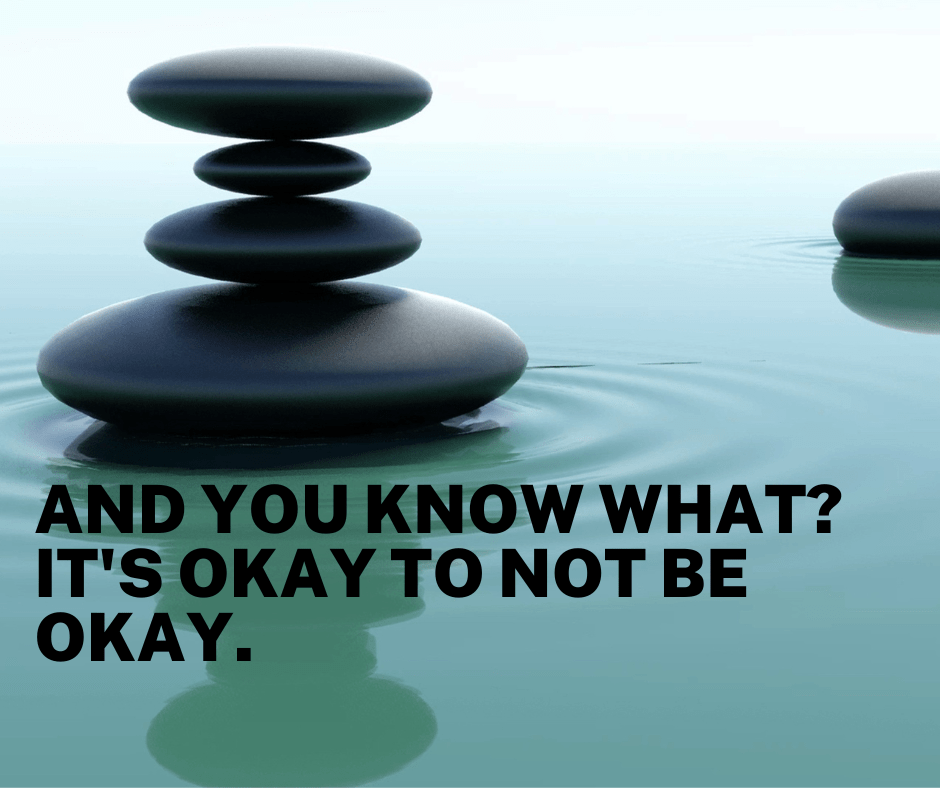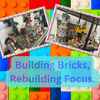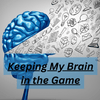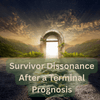And You Know What? It's Okay to Not Be Okay

And You Know What? It's Okay to Not Be Okay
And You Know What? It's Okay to Not Be Okay
This week has been a real struggle. On the outside, I try to keep up appearances—smiling, nodding along in conversations, pretending I have it together. But inside? I feel like a mess. Honestly, it is exhausting. There is this pressure to stay strong, especially when you are living with cancer. But sometimes, I wonder, who is that strength really for? Because truthfully, it's okay to not be okay.
Let us be real for a moment—grief is not only about losing someone. Having cancer is a form of grief, too. You mourn your past self, your health, your expectations for the future. It is a slow, confusing, and deeply emotional process that unfolds every single day. And we do not talk about that enough.
The Eightfold Fence: A Cultural Coping Mechanism
What Is It?
I stumbled upon something called the Eightfold Fence while watching Shōgun on Hulu (yes, I am a fan). In the show, they describe it as this mental structure that Japanese people build—a kind of invisible wall that helps them hold onto their individuality and inner peace, even when life outside that wall is pure chaos.
This concept is not just fiction. It comes from a real Japanese poem written back in 712 AD. The idea is that the mind can create a private realm, a sanctuary. Inside this space, you retain control. You remain unshaken. In a way, it is meditation through imagery, strength through separation. And it made me think—maybe I need a fence of my own.
Compartmentalizing Pain
The idea of the Eightfold Fence resonated with me because sometimes you need a mental fortress to survive. Cancer, grief, trauma—they try to break you open. Building a fence does not mean you are ignoring the pain. It means you are creating space to process it safely. It is emotional boundaries in practice. It is saying: this is mine, and I get to choose how to hold it.
Cross-Cultural Tools for Healing
Meditation Across Traditions
Of course, the Japanese are not the only ones who have built such tools. As I looked deeper, I realized every culture has something like this. In Buddhism, meditation is the core practice for understanding suffering. In Christianity, meditation and prayer are tools for surrender and peace. Daoism, Hinduism, Jainism—each one includes practices that teach presence and acceptance.
Even secular spaces like therapy rooms and classrooms have adopted these ancient techniques. Guided breathing, mindfulness sessions, grounding exercises—these are modern forms of very old wisdom. The science is there to back it up, too. Meditation reduces stress, eases depression, improves focus, and boosts emotional resilience.
A Universal Human Need
So, maybe the common thread here is not just cultural—it is human. When life hurts, we need a way to come home to ourselves. Whether it is an Eightfold Fence, a prayer mat, a breathing exercise, or a journaling ritual, these practices give us space to feel and heal. They remind us that it is okay to not be okay, as long as we keep moving through it.
Dealing with the Emotional Weight
The Isolation of Illness
Living with cancer can feel incredibly lonely. People expect you to be brave. They expect you to be an inspiration. But they rarely expect you to be honest about the sadness, the fear, the moments when you are barely holding it together. That disconnect is isolating.
It is like grief behind a curtain. And I have felt that a lot lately. I want to scream, but instead, I smile. I want to cry, but instead, I go quiet. I do not want to be the burden. But inside, it feels like I am breaking apart.
Giving Yourself Permission
So, here is what I am learning: you have to give yourself permission to feel everything. Sadness. Anger. Hope. Hopelessness. All of it. You cannot heal what you are unwilling to feel. And stuffing those emotions down only extends the pain. We must make space for the grief to breathe.
Some days, the most radical act of healing is admitting that you are not okay—and that you do not have to be. That alone is a step toward freedom.
Trying Something New
At this point, I am willing to try anything that brings a little peace. Meditation, journaling, nature walks, even staring into a candle flame—I will try them all. Not because they promise a cure, but because they offer a moment of relief. A moment where I can be present, be still, and maybe reconnect with the part of me that is still whole.
It is okay to not be okay. But it is also okay to keep trying anyway. To keep waking up, reaching out, searching for light in the dark.
Final Thoughts
If you are struggling, know that you are not alone. Whether you are facing grief, illness, or just the weight of being human—your pain is valid. And you do not need to fix it all to be worthy of compassion. Start small. Try one breath. One quiet moment. One soft thought. Build your fence. Or tear it down. But do it with kindness.
Because healing is not linear. And strength does not always look like toughness. Sometimes it looks like tears. Or honesty. Or getting out of bed. Sometimes, it looks like simply surviving the day. That, too, is enough.
Helpful Resources
- Headspace: Learn to Meditate
- Coping with Emotional Effects of Cancer – ACS
- More Blogs from JohnVsGBM
Tags: Not Be Okay, Meditation and Cancer, Emotional Healing, Coping with Grief, Mental Health, Eightfold Fence, Glioblastoma, Mindfulness, JohnVsGBM, Vulnerability and Strength


 NEW ARRIVALS
NEW ARRIVALS APPAREL
APPAREL GIFT AND HOME
GIFT AND HOME COLLECTION'S
COLLECTION'S HOPE HUB
HOPE HUB BLOG
BLOG



